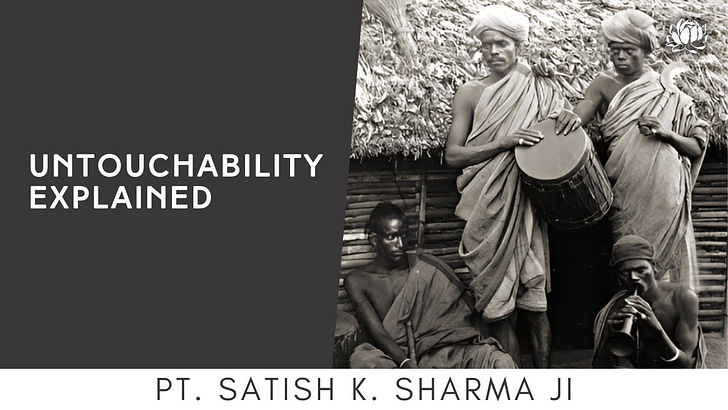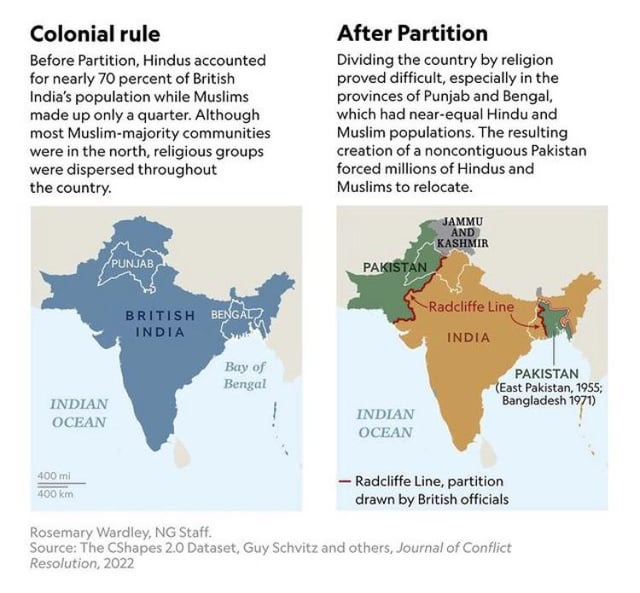I have some English ancestry. Grandma used to say that our ancestor who came from England hated England. He emigrated from London to Maryland in the 1730s. I’m very pleased that he emigrated. I would not care to live in a damn monarchy.
A mutual lady friend introduced me to my present friend from India in 2001. {She died of ovarian cancer in 2007, according to her daughter.} My India friend and I got to meet in Toronto, Canada in 2004 when he had a student visa there. He had told me that his Dad was politically active, but was killed somehow via a heart attack or something caused by political opponents, if I understood right. He also said his family was low caste, so life was hard for them. He got a teaching degree and taught history a little, but the teaching job didn't last long. He said there's a lot of corruption in India and he would like to emigrate, but it's pretty hard to do. He took care of his Mom until she died a couple years ago. It's customary in India for families to take care of their elders in their later years. As we know, there's plenty of corruption in the U.S. and probably the rest of the world as well. But we're going to change that. For now, see this video transcript and an article introduction below etc.
Following is a transcript of a short video, called "Lower castes & untouchables: The full history in 4 minutes"
You know, you mentioned your book. I just wanted to show the viewers what it looks like in case they wanted to know more. And by the way, I do recommend it because there's something very interesting that you've written about the Criminal tribes act. Can you explain it and how it created a category of people that were pretty much doomed from the day they were born? Well, it's a remarkable period of history and ... I don't know whether the book in Deepika Ji has encountered it in her research. It was more in Madras and I think it was in Bengal as well. In fact, the Bengal residency had a lot of experience at the hands of this 1871 Criminal Tribes Act. In a nutshell, the British wanted a law which empowered them to seize assets, to seize wealth, ... to apply taxation, and to imprison and deconstruct willy-nilly. There were tribes who were particularly a thorn in their sides, and those tribes, who were proud tribes with long history, held positions of authority and commanded respect in their communities. They were resistant to the British attempts to conquer and divide and tax. One particular tribe comes to my mind and they were responsible for the transport of goods. And so imagine the degree of trust that was given to this tribe. They would receive the goods from the merchants. They would protect the goods as they were transported across the country, deposit them with the people who are going to eventually sell them, collect the monies and then return back to the original manufacturers and make the payment. So these were ... people who were held with a great degree of trust and in high regard.
The British wanted to tax the movement of goods. They wanted to tax it at the point of manufacturing, tax it at the point of sale, which meant that this particular industry, this group, were a very major problem for them. And so they introduced this 1871 Criminal Tribes Act to introduce the idea of criminals by birth, in the same way that they have been proliferating this notion that humanity are sinners by birth. They proliferated the idea that there are some tribes who are criminals by birth, and being criminals by birth, their ancestors were criminals. Their descendants will be criminals. There is no cure for these. That was the essence and the crux of this legislation, and it authorized them to seize assets and goods. But it also authorized them to create compounds outside of main urban areas and confine their movement to these compounds. These are concentration camps. And then, should these people want to move from that concentration camp, they had to go to a designated British appointed administrator and secure a pass to allow them to leave the concentration camps, go and do whatever they want to do, and then they'd have to show the pass. But one of the other particularly unpleasant aspects of being designated a criminal tribe was that you were not allowed to engage in the normal day-to-day trades that people would engage in. The only thing that they then had available to them, whereby they could sustain themselves was the cleaning of carcasses, the removal of dead bodies. So they became the people who were producing the leather and doing the most unpleasant tasks. They {the British} created an underclass. And so they created people who they themselves then labeled as untouchables and told the world that it was a product of the Brahmins and the Kshatriyas and everybody else. And yet this is something that has yet to be acknowledged. It has yet to be explored. But it is a particularly painful development and they said the 1871 Act, you can go and get it from Hansard {UK Parliamentary Debate transcripts} and it's crystal clear as to what the intent was.
{Addendum: India abolished untouchability in its Constitution in 1950, 3 years after it gained independence in 1947. In Nepal, the government legally abolished the caste system and criminalized caste-based discrimination, including untouchability, in 1963. The untouchables' concentration camps ended in 1949, I'm told.}
UK PROMOTED FAMINE & STILL DOES
Then and Now: British Imperial Policy Means Famine, by Paul Glumaz
The current outbreak of food shortages and famine internationally should come as no surprise to anyone who knows the history of British imperial free-trade policy. To buttress that point, we present here indictments of that policy by two leading statesmen with personal knowledge—Abraham Lincoln’s economic advisor Henry Carey, and the founder of modern China, Sun Yat-sen—in addition to this overview article, written in 1991, from the archives of the LaRouche movement.
Before Hitler, there was Britain, and the British famine policy in India. As many look with horror at the starvation now being induced in Africa by agencies such as the International Monetary Fund (IMF), the General Agreement on Trade and Tariffs (GATT), and the grain cartels, few know that in a previous century the British pioneered all these techniques in India. What follows is a brief outline of the British famine policy in India from 1764 to 1914, and how the British developed the deliberate use of famine and food control as the principal means of rule.
{It’s not just the UK ruling class that promotes genocide, obviously. Most of the world’s ruling class does the same. They’re probably all related. The Covid scam was the most recent genocide, IMO, and now they may be intending to rig Armageddon. Si?}
Before the partition in 1947, India was quite a bit bigger than now in area. Most Muslims moved to what became Pakistan and Bangla Desh.
File:Map of Asia.svg - Wikimedia Commons





